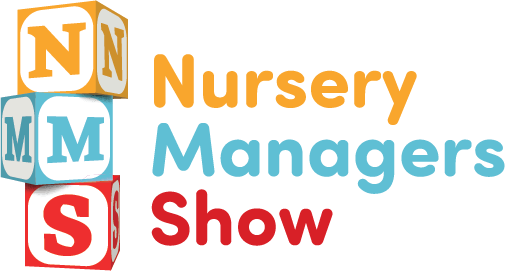World Book Day blog: The connection between reading and brain development
)
Reading and storytelling are crucial tools for early years educators in supporting children's development – especially in a world where screens are increasingly prevalent and affecting children's language skills and attachments. Stories have the power to provide children with feelings of security and safety, as well as stimulate brain connections and emotional regulation through oxytocin release.
This is why reading and storytelling are becoming exponentially important. As early years educators, we have the age-old problem of using stories at the wrong time. For example, using them at circle times when something exciting is being set up, using them before dinner when the pots and pans are banging around, or even using them as a place holder before the next routine of the day.
By incorporating storytelling effectively, educators can help children to develop language, communication and emotional regulation, creating a nurturing environment for learning and wellbeing. It's essential to recognise the significance of storytelling and its impact on children's growth and development.
Using stories as a teaching tool in early childhood education is powerful, as they can create a sense of comfort and connection for children. The impact of storytelling on a child's development begins even before birth, highlighting the importance of language stimulation from the earliest stages. By incorporating storytelling into educational practices with care and attention, educators have the potential to promote emotional wellbeing and cognitive development in young learners.
The innate connection between children and rhythm, rhyme and the soothing sound of a mother's voice is profound and deeply rooted in their development. The hormone oxytocin plays a key role in fostering emotional regulation and recognising emotions, contributing to positive mental health and overall wellbeing for children. Research highlights that the release of oxytocin in response to a mother's voice reinforces the importance of emotional connections in early childhood. Creating environments filled with love, care and nurturing interactions can have a lasting impact on a child's emotional development and set the foundation for their future mental health.
The act of storytelling goes beyond just sharing tales; it serves as a powerful tool in promoting language development, fostering attachments and transmitting cultural knowledge. When educators tell stories, verbally or through books, they provide children with opportunities to explore new language, learn communication skills and understand various emotions and concepts.
Stories have always been a cornerstone of sharing wisdom and tradition, reflecting the essence of cultural heritage and values. By incorporating storytelling into early childhood education, educators can nurture children's linguistic abilities, social connections and appreciation for diverse narratives, contributing to their overall growth and development.
So next time, in moments of strong emotion and dysregulation in children, the simple act of sharing a story can be a powerful tool for connection and support. Taking the time to engage in storytelling can prompt an oxytocin response that fosters a sense of security and safety, nurturing a positive relationship between caregiver and child. This shared experience not only helps to soothe immediate distress but also cultivates a love for learning and further strengthens the bond between them.
-
)
Abigail Poole
Practice-based manager, Charnwood Nursery & Pre-school Group






